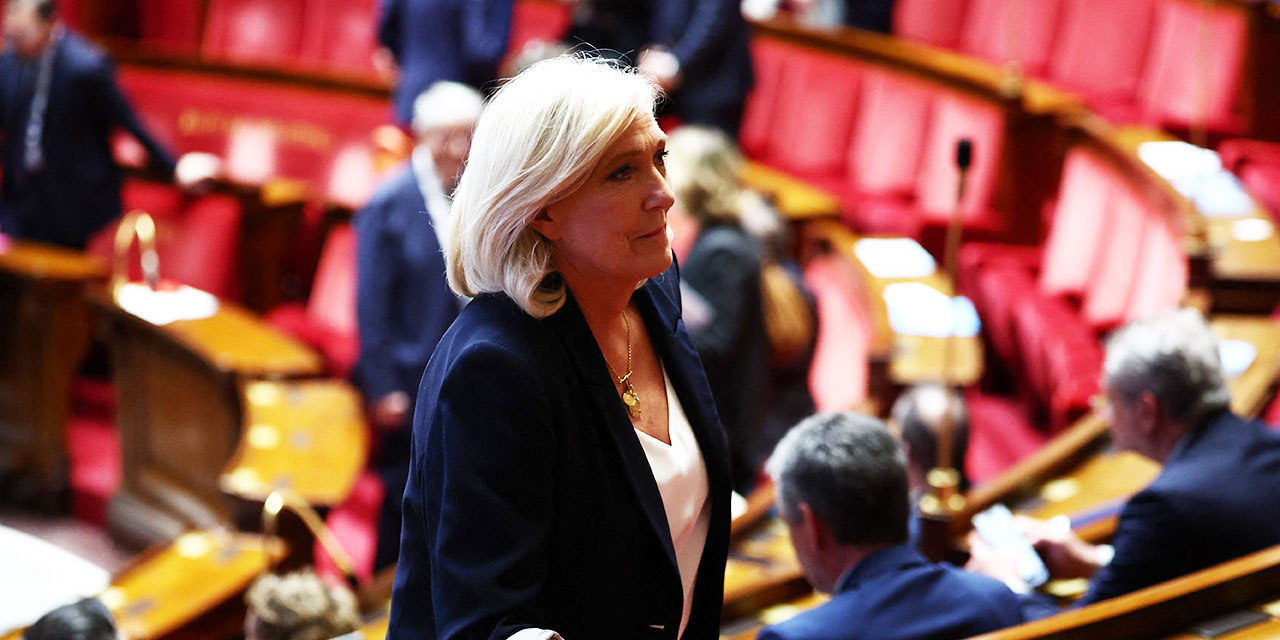We hardly needed WikiLeaks to tell us, among many other things, that Nicolas Sarkozy, the president of France, is a vulgar man with authoritarian inclinations, or that Silvio Berlusconi, the Italian prime minister, is interested in sex. It isn’t even particularly reassuring to have our judgments confirmed for us by American diplomatic messages, for if they had said anything different we shouldn’t have believed them in any case.
After the first slight frisson of pleasure at the discomfiture of powerful people and those in authority has worn off, a pleasure akin to that of seeing a pompously dignified man slip on a banana skin, the real significance of the greatest disclosure of official documents in the history of the world—without, that is, the military downfall of a great capital city—becomes apparent. It is not, of course, that revelations of secrets are always unwelcome or ethically unjustified. It is not a new insight that power is likely to be abused and can only be held in check by a countervailing power, often that of public exposure. But WikiLeaks goes far beyond the need to expose wrongdoing, or supposed wrongdoing: it is unwittingly doing the work of totalitarianism.
The idea behind WikiLeaks is that life should be an open book, that everything that is said and done should be immediately revealed to everybody, that there should be no secret agreements, deeds, or conversations. In the fanatically puritanical view of WikiLeaks, no one and no organization should have anything to hide. It is scarcely worth arguing against such a childish view of life.
The actual effect of WikiLeaks is likely to be profound and precisely the opposite of what it supposedly sets out to achieve. Far from making for a more open world, it could make for a much more closed one. Secrecy, or rather the possibility of secrecy, is not the enemy but the precondition of frankness. WikiLeaks will sow distrust and fear, indeed paranoia; people will be increasingly unwilling to express themselves openly in case what they say is taken down by their interlocutor and used in evidence against them, not necessarily by the interlocutor himself. This could happen not in the official sphere alone, but also in the private sphere, which it works to destroy. An Iron Curtain could descend, not just on Eastern Europe, but over the whole world. A reign of assumed virtue would be imposed, in which people would say only what they do not think and think only what they do not say.
The dissolution of the distinction between the private and public spheres was one of the great aims of totalitarianism. Opening and reading other people’s e-mails is not different in principle from opening and reading other people’s letters. In effect, WikiLeaks has assumed the role of censor to the world, a role that requires an astonishing moral grandiosity and arrogance to have assumed. Even if some evils are exposed by it, or some necessary truths aired, the end does not justify the means.



